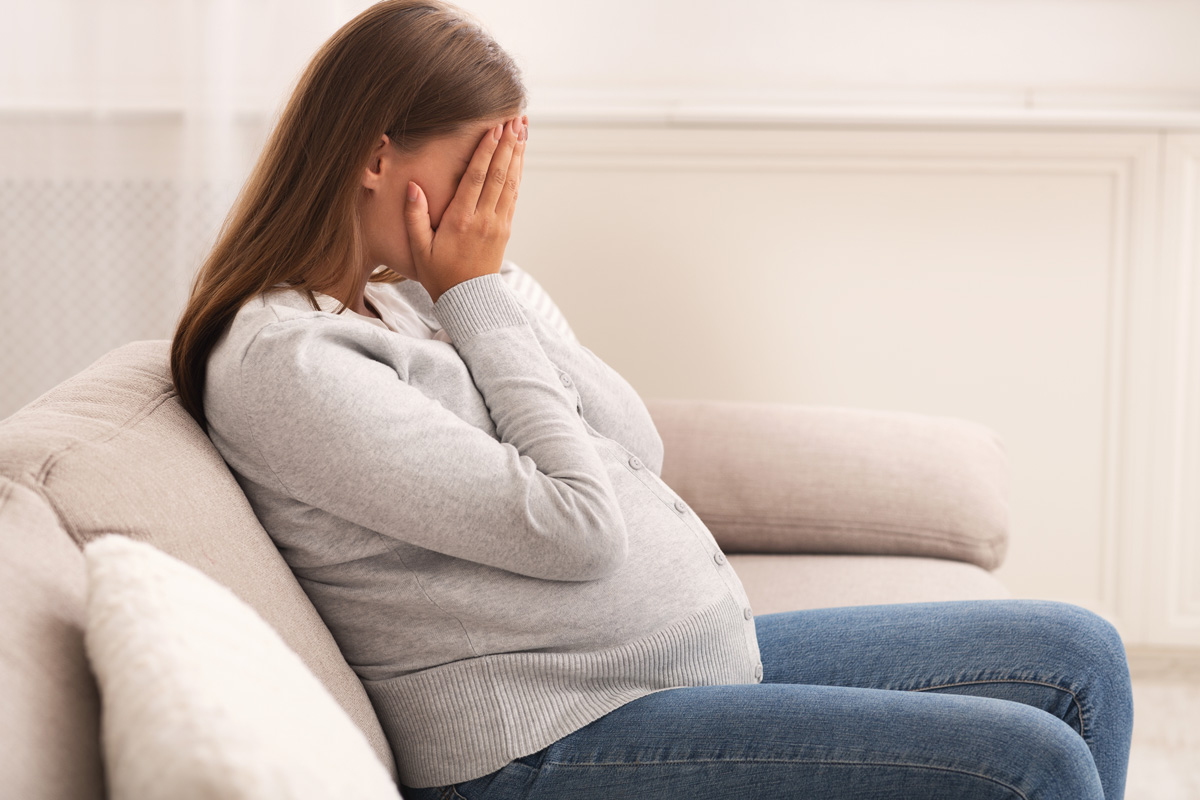
Pregnancy is a time of excitement, anticipation, and, at times, anxiety. While some degree of worry is common during pregnancy, excessive anxiety and chronic stress may have adverse effects on maternal, foetal and neonatal outcomes. As health professionals entrusted with the care of pregnant women, midwives and obstetricians need to be aware of the potential impact of anxiety and stress on pregnancy. In this blog post, we will explore the signs, symptoms and causes of pregnancy-related anxiety, its effects on maternal and neonatal outcomes, and evidence-based strategies for managing anxiety in pregnant women.
Pregnancy anxiety refers to excessive worry, apprehension or fear about pregnancy, childbirth, or the health and well-being of the foetus and the mother. It may manifest in various forms, such as fear of miscarriage or stillbirth, anxiety about the delivery process, obsessive thoughts about harm to the baby, or feeling overwhelmed and unprepared for motherhood. It is estimated that about 15% of pregnant women experience clinically significant anxiety, and many more may have mild to moderate symptoms.
Anxiety during pregnancy has been associated with several adverse outcomes, such as preterm birth, low birth weight, preeclampsia, gestational diabetes, and postpartum depression. Chronic stress and anxiety may also affect the foetal brain development, the mother-child bonding process, and the long-term mental health of the child. The exact mechanisms by which anxiety affects pregnancy outcomes are not fully understood, but it is thought that stress hormones and immune system dysregulation may play a role.
As midwives and obstetricians, you play a critical role in identifying and managing pregnancy anxiety. Some evidence-based strategies for supporting pregnant women with anxiety include:
Screening for anxiety using validated tools such as the Edinburgh Postnatal Depression Scale (EPDS) or the Generalised Anxiety Disorder Scale (GAD-7)
Providing psychoeducation on the nature of anxiety and its effects on pregnancy
Referring women with clinically significant anxiety to specialist mental health services for further assessment and treatment
Offering non-pharmacological interventions, such as cognitive-behavioral therapy (CBT), mindfulness-based stress reduction (MBSR), yoga, or relaxation techniques.
Collaborating with other health professionals, such as psychologists, perinatal mental health nurses, or social workers, to provide holistic care for the pregnant woman.
Pregnancy anxiety is a common and potentially serious condition that can affect maternal and neonatal outcomes. Midwives and obstetricians need to be aware of the signs and symptoms of anxiety, and be equipped with evidence-based strategies for managing it. By providing appropriate assessment, referral, and support, you can help pregnant women to reduce their anxiety and promote better pregnancy outcomes.
This website is not meant to be self-treating but is a supplement to the care given by competent medical health professionals. Hegenberger Medical take no responsibility for any damage suffered by any woman or baby. Our opinions are our own and do not replace advice from competent medical health professionals. The material on this site may not be reproduced, distributed, transmitted, cached, or otherwise used, except with the prior written permission of Hegenberger Medical.
